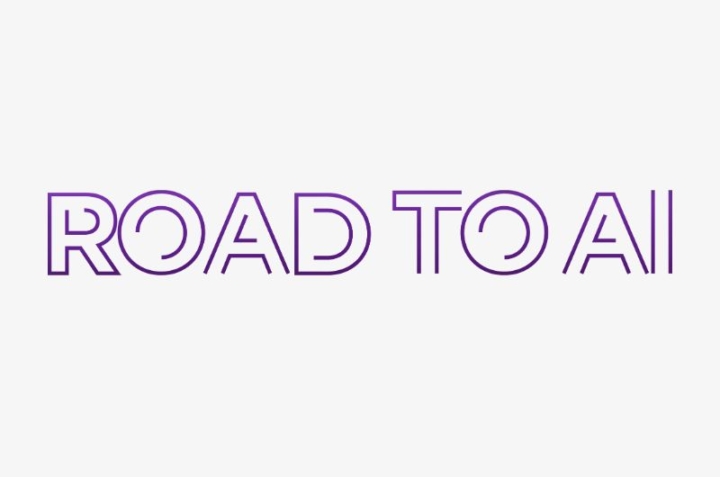Economist and strategist, I am not. And in today’s world, I am unable to articulate whether generative Artificial Intelligence (AI) is the modern-day combustion engine or Internet. Is it the mother of all bubbles, heralding the end of work as we know it? Honestly, I don’t know. What I do know is I have spent over a decade on AI with clients, aiming for measurable results.
Neither the devil nor a winning formula, but an effective tool in context
People are quick to brand generative AI as devilish or a one-stop shop winning formula. AI probably garnered media attention at too quick a pace for our debased intellect as humans.
Truth be told, for most industries, this technology makes promising strides in bridging the gap on ‘human language simulation’ and ‘content creation’. More often than not, it codes better than humans, reportedly delivers more accurate medical diagnosis, and it potentially saves precious time on marketing materials and generation of near-human chatbots – boding well for the future of customer experience (CX).
A pressing need to contextualize AI and control 'our own intelligence'
AI also makes false promises at the expense of users, as exemplified by an American lawyer who was exposed after submitting a case based on false legal research invented by ChatGPT.
Generative AI provides plenty of pitfalls: bias; falsehoods; data breaches; intellectual property loss; intellectual laziness; spiraling costs; and harmful environmental effects to name but a few. In my humble opinion, two such obstacles should trigger the common sense that exists within us all.
- Number one involves opening the ‘black box’ of AI. Essentially, we provided tools to businesses and society at large, except hardly anyone understands how they work. Now, you could argue that it’s a trivial matter since many people drive cars without understanding the mechanics behind an engine. But with AI, the potential impact is exponentially greater!
- Number two centers on economic sustainability (OpenAI may go bankrupt in 2024) and the surprises that await regarding user costs once we depend on this solution.
Factoring in these two pitfalls, companies must urgently grasp this technology. And until software publishers increase their transparency (source references, result explanations, fact-checkers, regulatory compliance, cost prediction models, etc.), open-source models are a minimum requirement for taking real ownership of these tools and reducing our reliance on them.
As with traditional AI, management is key!
Like the farmer who reaps what they sow, with common sense, you only get out what you put in. Effort is required to advance AI, whether generative or traditional. In 2023, while AI’s potential is far from reaching its promised value, it’s down to the commitment of managers rather than technology. We want the benefits without the commitment. Much like sales managers seeking to boost sales through AI without granting their sales teams the requisite time to input client data.
Generative AI will regularly disappoint when it comes to performance and approval by businesses, and crucially, it will never produce the miracles it purports to make unless we accept that AI with added value is AI that fundamentally transforms processes and all humans involved in them.
Only then will common sense prevail. It’s not about siding with Sam Altman or Elon Musk, but testing to fully master the technology in a continued open-source environment. About finding relevant use cases without hoping for a miracle, trying things out while mitigating the risks, collaborating with all stakeholders to scale up and about managing use cases as well as the added value of our results.
Let's continue our exploration:
Get your questions answered by our Data & AI experts. Find out how we can help you realize the full potential of AI for your organization.
Read our “Road to AI” series to explore the many facets of artificial intelligence and unlock its power to grow your business.




